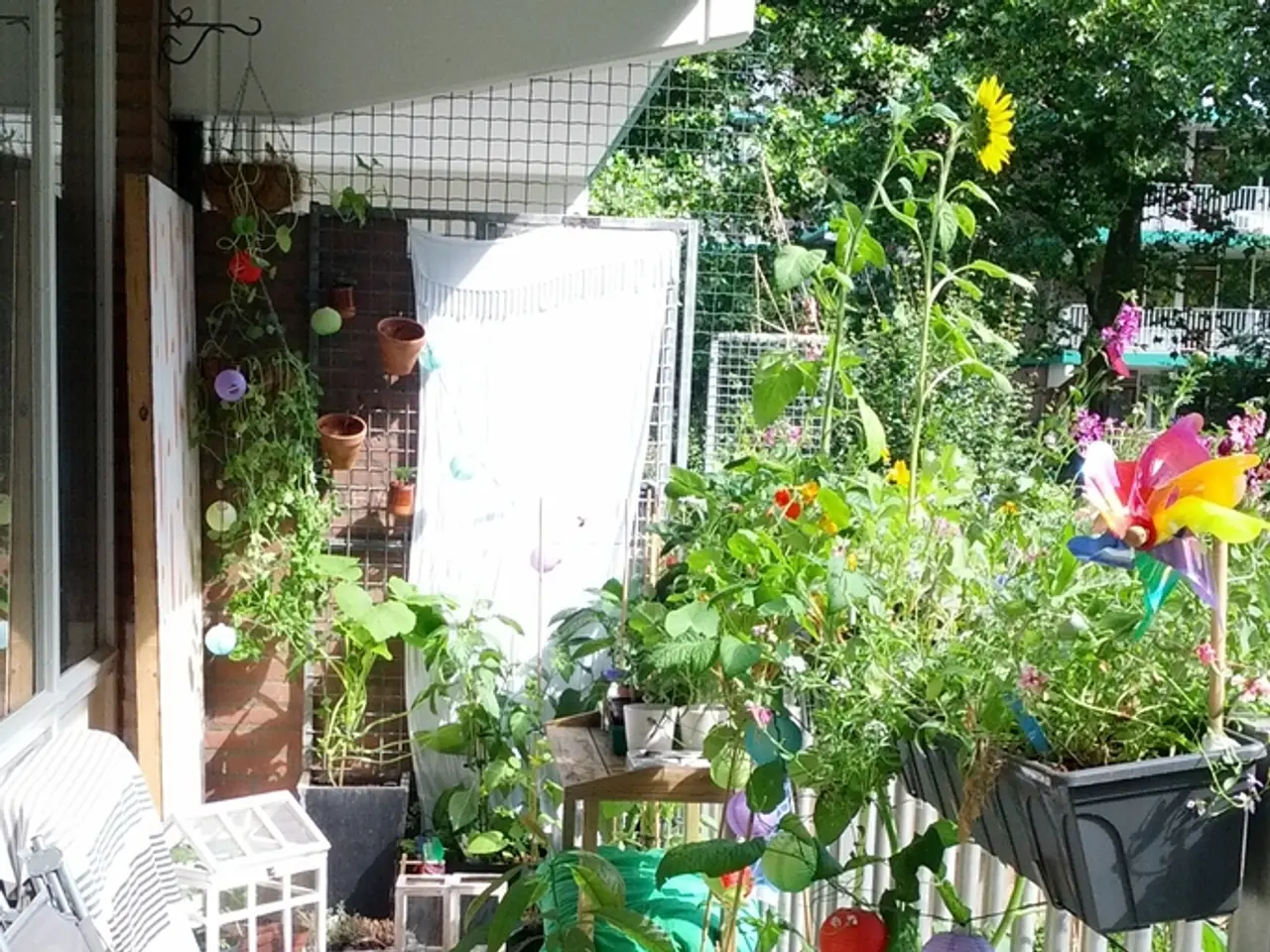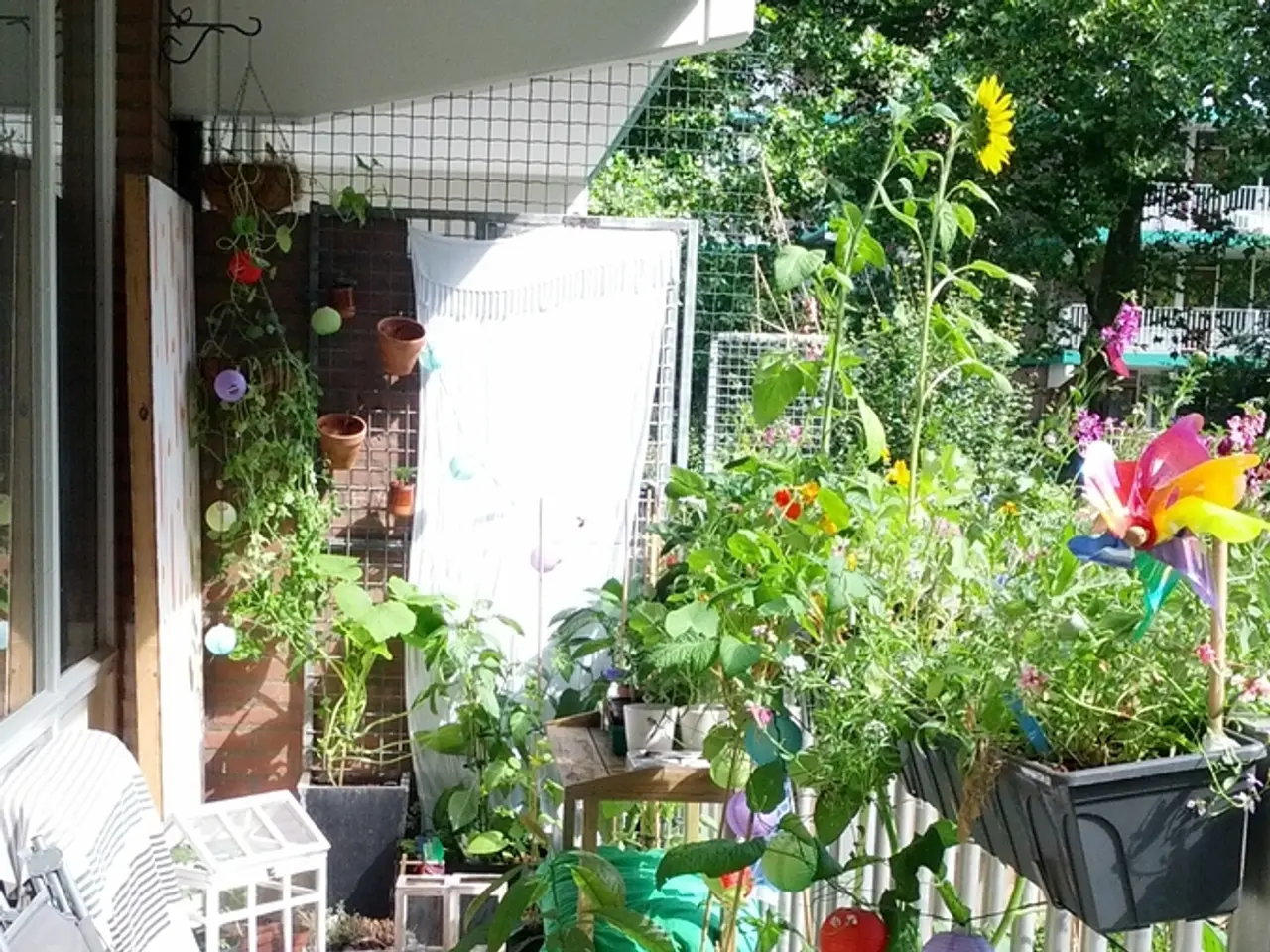Africans Constructing Urban Spaces of Tomorrow
In the coming decades, Africa is set to witness a remarkable transformation as 14 mega-cities with populations over 10 million are projected to emerge, challenging traditional notions of what constitutes a modern city. One such city, Addis Ababa, Ethiopia, is at the forefront of this urban revolution.
Addis Ababa, like other African cities, is experiencing unprecedented population growth, rapid urbanization, and significant informal settlement expansion. This growth is accompanied by challenges related to housing, urban planning, and providing basic services to an increasingly diverse and youthful urban population. However, the future urban landscape of cities like Addis Ababa is being shaped by a convergence of technology, sustainability, and innovation.
African smart city initiatives, such as those in Addis Ababa, are introducing innovations like IoT-enabled waste management, smart metering, solar energy adoption, and digital governance tools. These changes aim to enhance urban resilience and sustainability while addressing issues of inequality and emissions tied to rapid urbanization. Partnerships with international tech firms focus on training local professionals to support AI and cybersecurity, bolstering the knowledge economy.
Urban expansion often occurs on the fringes or “backyards” of existing cities, posing planning challenges but also opportunities for innovative land and housing policies that can support inclusive growth. Smart urban developments are allowing cities like Addis Ababa to leapfrog infrastructural deficits by integrating renewable energy, improving urban services, and fostering a digital economy.
The city of Lagos, Nigeria, is another example of this rapid urban growth. With a growth rate of 77 people per hour, Lagos is projected to become a city of 100 million people.
The role of humanities centres and institutes, such as the Consortium of Humanities Centres and Institutes (CHCI), is crucial in understanding and shaping the urbanization in Africa. The CHCI, a global consortium of 270 humanities centres and institutes, is partnering to explore the complexities and opportunities of Africa's urbanization.
This urban migration in Africa presents both opportunities for economic growth and development and challenges related to infrastructure, housing, and services. The potential impact of urbanization in Africa on urban development and planning is a topic of significant interest, as Africa is perhaps experiencing the largest urban migration in history.
This article features interviews with entrepreneurs, writers, scholars, and artists from Addis Ababa, offering insights into the unique urbanization trends in African cities and the ways in which Africa is building the cities of the future.
- As Africa faces rapid urbanization and informal settlement expansion, particularly in cities like Addis Ababa and Lagos, the role of intelligently designed home-and-garden spaces and sustainable lifestyles becomes increasingly crucial for addressing housing, city planning, and service provision challenges.
- The history of African urbanization is being rewritten as innovation-driven smart city initiatives are deployed, blending IoT-enabled waste management, solar energy adoption, digital governance tools, and smart urban developments that not only enhance urban resilience and sustainability but also foster a knowledge economy through partnerships with international tech firms.




